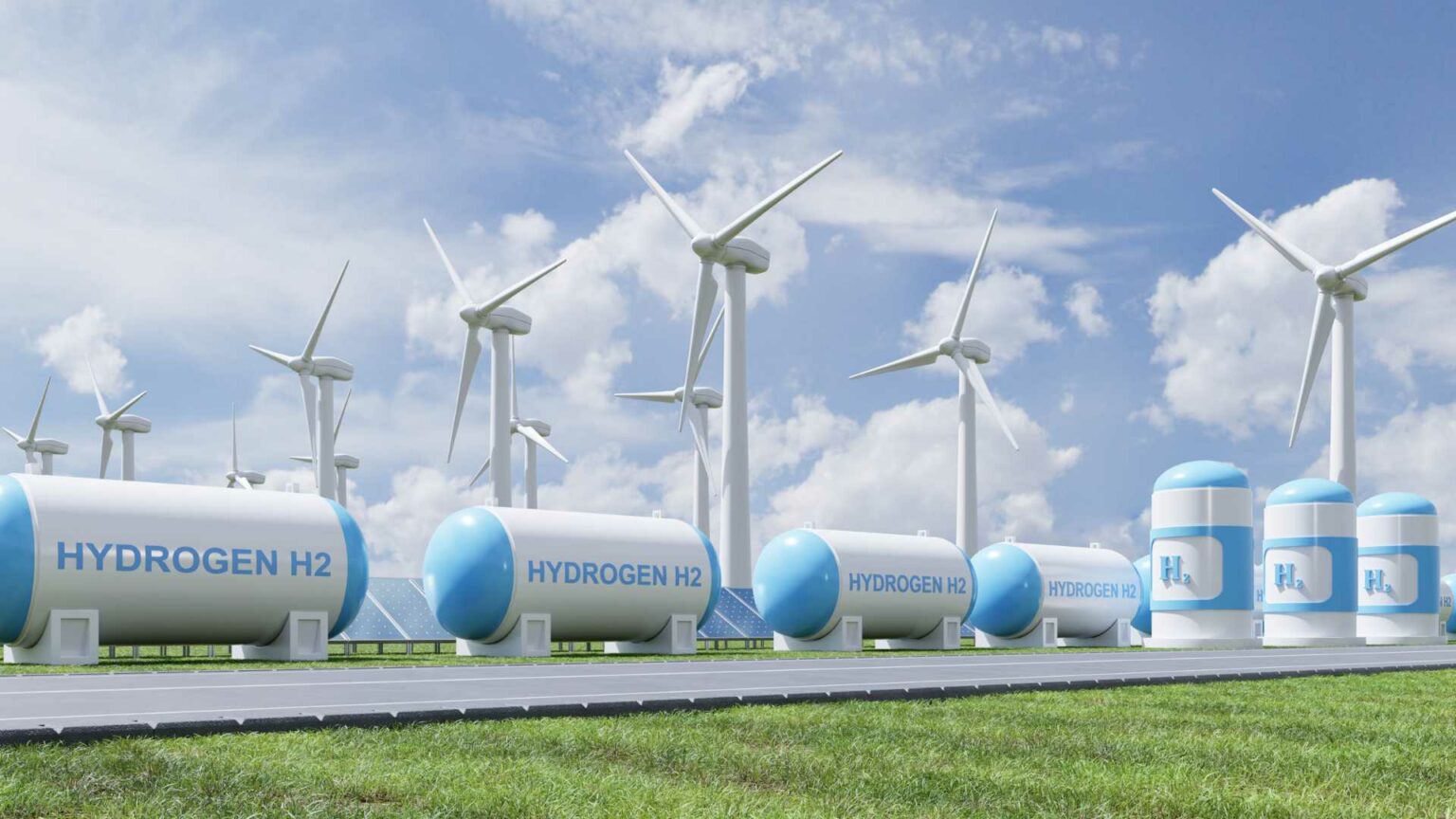Ceres Power’s Chief Technology Officer, Caroline Hargrove, has raised concerns over the potential hike in energy consumption as artificial intelligence (AI) tools gain increased prominence in efficiency operations.
During a panel discussion on the new energy landscape, Hargrove cautioned against unchecked use of platforms like ChatGPT for simple queries due to their high energy requirement. Ceres Power is well-known for its development of clean energy technology, including electrolysers used in green hydrogen production.
According to a January report by the International Energy Agency (IEA), a standard Google search consumes 0.3 watt-hours of electricity, in contrast to a ChatGPT request which uses 2.9 watt-hours. When this technology is applied to approximately 9 billion daily searches, it would necessitate nearly 10 terawatt-hours of additional electricity annually.
The IEA’s report also predicted that by 2026, the AI industry’s rate of growth could result in ten times the electricity demand witnessed in 2023.
Hargrove warned of a “perverse effect” if this consumption is mishandled, leading to a significant increase in energy use. Although data can indeed aid in optimizing and risk management, Hargrove stressed the need for responsible use of new technology.
Participating in the same discussion, Mary de Wysocki, chief sustainability officer at technology firm Cisco, emphasized the importance of responsible use of AI technology, where the focus is on accruing benefits and not just exploiting the new and exciting aspects of the technology.
Bertrand Piccard, founder and chairperson of the Solar Impulse Foundation, holds a different opinion, seeing AI as a “fantastic way to reduce energy consumption” when properly managed. He mentioned the use of AI in smart electricity grids that integrate renewable energy, storage, and distribution, resulting in minimal energy loss.
The Climate Action Against Disinformation (CAAD) coalition, in its March report, identified the burgeoning energy demand of AI as a potential risk to climate efforts. The coalition suggested that technology companies be transparent in reporting the energy and emissions generated by their AI models and urged governments to enforce these transparency mandates with “strong penalties” for non-compliance.





